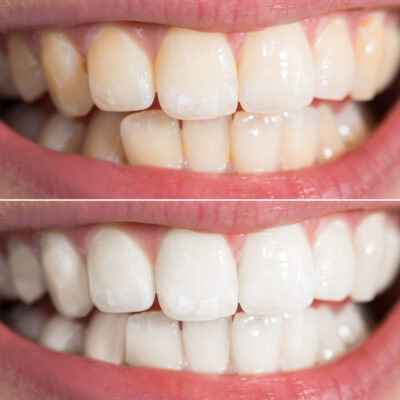
Risks of a Low-Carb Diet
Is a low-carb diet the best answer to obesity? The European Society Of Cardiology Congress, Germany, recently pointed out in their research that low-carb diets can end up heightening the risk of premature death. The risk of death from conditions like strokes, cancer, and coronary heart disease also increased. So, it is being argued that a low-carb diet is perhaps not the right way to go when it comes to losing weight.
Research has also found that a low-carb diet may be beneficial for losing weight in the short-term, but it is harmful in the long term and can be the cause of death from cerebrovascular and cardiovascular ailments. It may be because people eliminating carbs from their meals were instead binging on high-fat foods. Carbs are the primary sources of energy for the human body, and in their absence, the body will start breaking down fat to produce ketones. These ketones become the main source of energy and the body enters the state of ketosis, becoming a fat-burning machine.
The dangers of following a low-carb diet may include:
1. High cholesterol levels
There are protein sources like whole dairy foods, fatty foods, and fatty meat cuts that can increase LDL or bad cholesterol levels in the blood, triggering heart-related ailments.
2. Kidney problems
If you are already suffering from kidney ailments, eating a lot of protein-rich foods may put a lot of strain on your kidneys, worsening the condition.
3. Osteoporosis
If you follow a low-carb and high-protein diet, the calcium passed out in your urine is more than normal. This is likely to be a cause of osteoporosis, and it may also increase the likelihood of kidney stones.
4. Muscle fatigue
When you are physically active, you need to use fat for energy if you are following a low-carb diet. By a process of beta-oxidation, the fat can produce thousands of calories, but fats burn slower as compared to carbs. This means a low-carb diet might not be best for you if you are into intense weight training. If you have low glycogen levels, it will lead to muscle fatigue and an increase in muscle catabolism or the breakdown of muscle tissue for the body to produce energy. Also, with a loss in muscle mass, metabolism worsens.
5. Reduced fiber intake
When you follow a low-carb diet improperly, it leads to reduced fiber content in your body, increasing the chances of cardiovascular diseases, digestive cancers, bowel problems, and constipation. Low intake of grains, legumes, and vegetables also leads to a deficiency of phytonutrients, vitamin C, potassium, and antioxidants.
6. Long-term health issues
These are unavoidable if you continue a low-carb diet for a substantially long period. When the body does not get carbs over time, the liver is exposed to more stress because it has to produce glucose from proteins and fats. Ammonia is produced when proteins are turned into glucose, and the body finds it hard to counter its toxic effects. Due to this, immunity is compromised and the chances of developing an infection go up. The body also fails to produce glycoproteins, which are needed for cellular functions.


